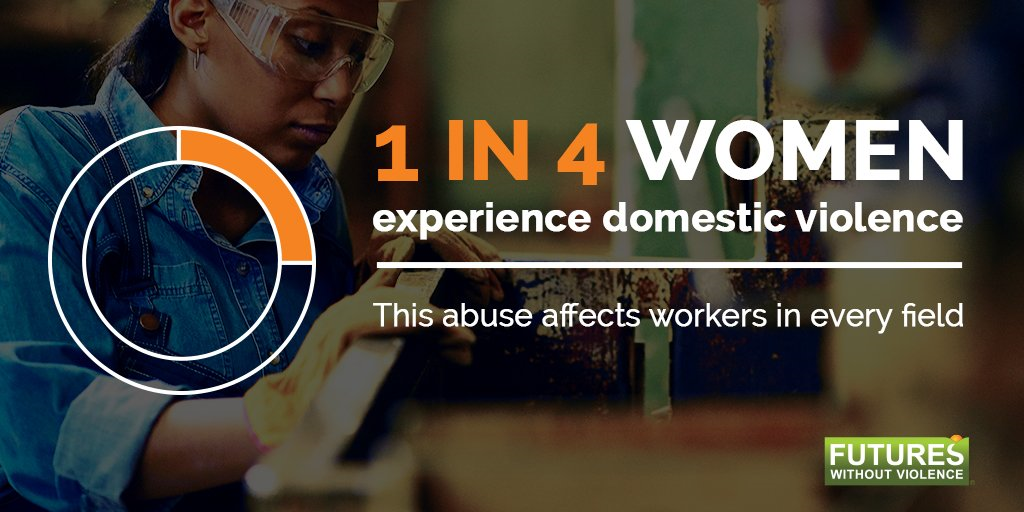May Day: Honoring Our Workers

Today marks May Day—or International Workers Day—sparked in 1886 by a workers’ strike in Chicago as they fought for an eight-hour work day, protesting for fair labor practices and improved workplace protections. It’s an important day for workers to reflect and continue the fight for fair labor standards and safer workplaces.
Workers make up the backbone of the American economy, yet continue to face dangerous work environments. The fight for safer workplaces includes traditional protections like access to safety equipment and training, but should also include protections from the workplace effects of sexual and domestic violence.
Today, approximately 24% of workplace violence is related to personal relationships, which involve situations where an individual gains access to a workplace and commits a crime targeting an employee or customer who is a current or former intimate partner. As we’ve seen most recently, this was the case in San Bernardino, California, where a teacher and student were killed by the teacher’s estranged husband. In another horrifying instance and ongoing court case, a Home Depot manager in Chicago raped and killed an employee after she repeatedly turned down his sexual advances in the workplace. Both of these employees did not have anywhere to turn to for assistance within their workplaces.

I have seen first-hand the impact that creating, implementing, and talking about a workplace sexual and domestic violence policy can have on supporting workers experiencing violence. Prior to FUTURES, I worked for the U.S Office of Personnel Management (OPM), a mid-size federal agency responsible for coordinating the talent and staffing of the federal government. In this agency, I had the opportunity to work on implementing the agency’s domestic and sexual violence response policy, encouraging employees to participate in the online training, and encouraging managers to have the conversations with their employees on how to take advantage of the OPM employee assistance programs and other resources. Having the support from senior leadership to make this a priority for the workforce helped spark the dialogue around the idea that domestic and sexual violence are not just personal issues; they’re workplace issues too.
To respond to this need, FUTURES has worked to create tools and resources for supervisors, managers and employees to ensure that the workplace can be a safe, healthful, and supportive environment for all. Through the Workplaces Respond to Domestic and Sexual Violence: A National Resource Center’s many tools, managers can find self-assessments to determine their knowledge about domestic and sexual violence and the impact on the workplace. For the more than 70% of U.S. workplaces that don’t have a formal policy and program that addresses violence in the workplace, FUTURES has a model workplace policy available to kick-start the discussion in organizations.
On May Day, we must remember and honor those who have fought for better workplace protections, as well as those who have lost their lives because of uncoordinated and ineffective workplace responses to violence. For those who work every day in education, retail, janitorial, hospitality, agriculture, and all other sectors, we must make every effort to offer the support and protection they need to survive and thrive.





